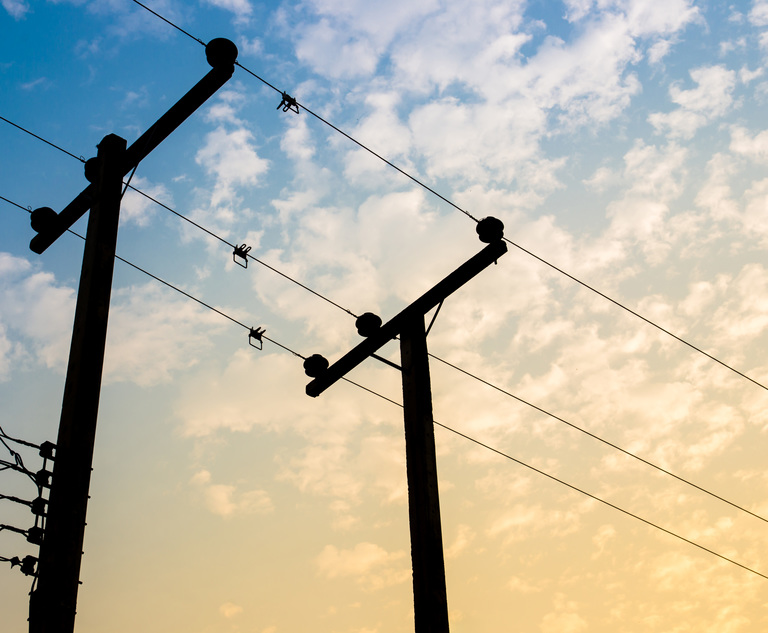In an issue that involves major players in Florida’s telecommunications and utility industries, an administrative law judge Wednesday rejected a challenge to a proposed rule about the use of telephone and power poles that line the state.
Administrative Law Judge Andrew Manko issued a 35-page decision that backed the Florida Public Service Commission in the challenge filed by AT&T. The state’s three major private electric utilities — Florida Power & Light, Duke Energy Florida and Tampa Electric Co. — intervened in the case in support of the commission.
The dispute was rooted in a 2021 decision by state lawmakers to give the commission authority to regulate “pole attachments,” which include such things as wires and other equipment needed for telephone service, electricity, cable television and broadband. The decision included giving the commission authority to oversee rates that companies charge each other for putting equipment on poles.
The Federal Communications Commission generally has authority over such issues, but states can assume regulation through what is known as “reverse preemption,” Manko wrote.
AT&T, which owns more than 470,000 poles in the state and attaches wires, cables and other equipment to more than 640,000 electric-utility poles, filed the challenge after the Public Service Commission approved the proposed rule March 1 to help carry out the law.
The challenge contended, in part, that the proposed rule “fails to provide adequate standards for PSC decisions and creates significant uncertainty for the regulated community.”
It also said the proposed rule did not adequately provide a methodology for determining reasonable rates.
“Instead, the proposed rule leaves open the possibility that the PSC may find there are limitless ‘alternate’ rate methodologies that could be used to charge comparable communications attachers different amounts for comparable use of comparable space on the same utility pole,” the challenge said.
But Manko wrote that he was “not persuaded that the proposed rule creates the kind of uncertainty” that AT&T witnesses suggested.
“Based on the weight of the credible evidence, the undersigned (judge) finds that the commission properly engaged in rulemaking, considered the interests of regulated entities and their consumers, made changes to the rule based thereon, and ultimately approved the proposed rule based on that robust process,” Manko wrote.
The judge also concluded that the “proposed rule is not invalid under (a section of state law) for being vague, failing to establish adequate standards for agency decisions, or vesting unbridled discretion in the commission” and disputed that it was “arbitrary and capricious.”
“AT&T … suggests that the commission’s future decisions on rate complaints will be arbitrary and capricious because the regulated community has no knowledge of what methodologies will be used. … AT&T’s argument is a premature attempt to speculate that the commission will ultimately act in an arbitrary and capricious manner in the future, which is not a viable attack on the validity of the proposed rule,” Manko wrote.
NOT FOR REPRINT
© 2024 ALM Global, LLC, All Rights Reserved. Request academic re-use from www.copyright.com. All other uses, submit a request to [email protected]. For more information visit Asset & Logo Licensing.


 Photo: CHAYATORN LAORATTANAVECH/Adobe Stock.
Photo: CHAYATORN LAORATTANAVECH/Adobe Stock.






